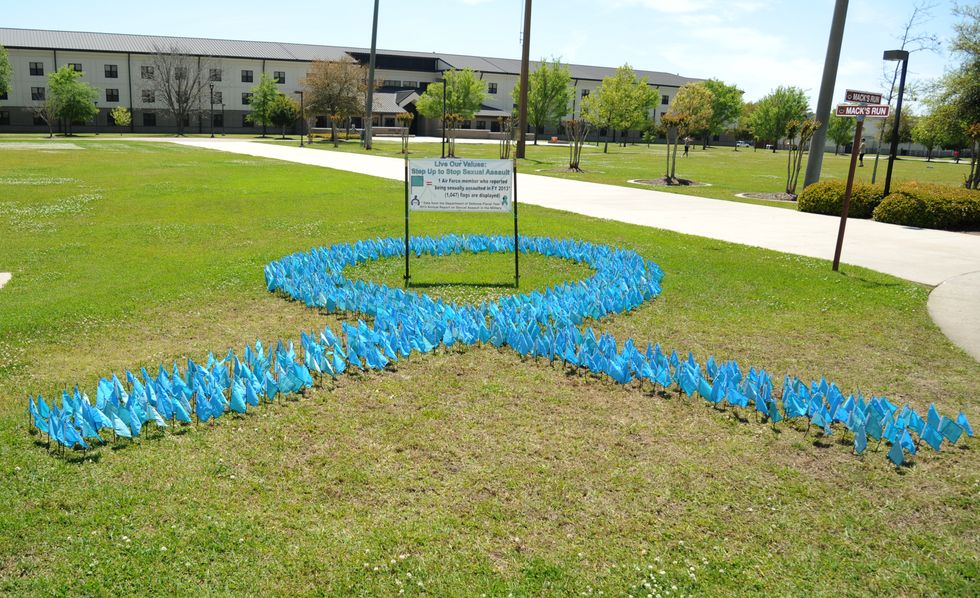If you have experienced sexual assault and told someone, the person you told may have been full of advice and might have tried to help you (for better or worse). When someone spews advice at you, it can be extremely overwhelming. However, the person you told might not have known what to say which is completely understandable although this may have made you feel more alone and you may have regretted talking about what happened. Sexual violence is a tough thing to hear, talk about and it is a tough thing to help someone through. It is even more tough to let someone help you through it. I’ve been there.
Here is what I needed to hear more than anything, but nobody told me:
You don’t have to talk about it if you don’t want to...
Working through what happened has to be done on your terms. There is nothing wrong with not being ready to talk about it. Talking about things when you are not ready to or when you don’t feel safe may only make you more upset.
You do not have to open up to family, friends, a romantic partner, or a stranger if you do not want to. You do not have to become some sort of an advocate or come out as a victim (or survivor) publicly. You do not have to do anything or put yourself in any situation that makes you feel uncomfortable or vulnerable.
… But you don’t have to stay quiet either.
In today’s rape culture and society of victim blaming, coming out and saying that you are a victim (or a survivor) can be almost as scary as what happened to you. The important thing to know is that you can tell someone what happened to you in the outlet that helps you feel safe whether that’s your best friend, your mom, or a psychologist.
There are people in this world who can help you through what happened. Don’t be afraid to tell these people exactly what you need from them. Tell your mom or your dad that you just want a hug and a shoulder to cry on. Tell your best friend that you want some support when you are struggling. Tell your psychologist when you are ready to start working through what happened.
If you find writing to be helpful, write about it. You don’t have to publish it to reap the benefits of writing down how you feel and what you think.
Talk about it. Write about it. Scream it from the rooftops. There is no “right way” to heal. There is no “wrong way” to process what you went through.
But if talking through your experience helps you, do it. Don’t be afraid of making people feel uncomfortable.
Another thing I wish I had known about talking with a psychologist about my experience is that I had complete ownership and control of what we talked about and how we talked about it. After what I went through, thinking about “the event” (as we called it in sessions) sent me into vivid flashbacks. When I started going to my psychologist, instead of going right into talking about the event, we talked about skills that could help me cope with what I was dealing with. The best part of going to therapy was that she patiently waited for me to be ready to talk about the event (in as little or as much detail as I wanted to). The ball was in my court to decide when I felt fully equipped with coping mechanisms and felt like I could trust her and that I was ready to start working through the actual events.
Resources:
For a survivor, there are two hotlines that are extremely helpful and can get you connected with resources specific to your community and situation.
National Sexual Violence Resource Center Hotline - 1-877-739-3895
Rape Abuse Incest National Network (RAINN) National Sexual Assault Hotline - 1-800-656-HOPE (4673)
Know someone who is a survivor? Click the link for a great resource from OneStudent.org (a great organization) on How to Support Survivors.
















